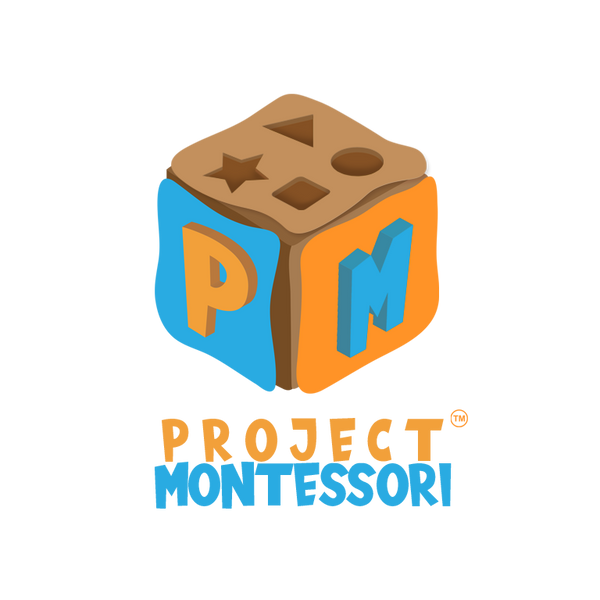Language development is a crucial aspect of early childhood education, laying the foundation for communication, literacy, and cognitive skills. Montessori education places a strong emphasis on language-rich environments and hands-on learning experiences. In this article, we'll explore the role of Montessori language toys in unlocking language skills and supporting early literacy development in young learners.
Montessori philosophy views children as active learners who learn best through hands-on experiences and sensory exploration. Language toys in Montessori classrooms are carefully designed to engage children's senses and promote active learning. These toys provide opportunities for children to explore letters, sounds, and words in a tactile and interactive way.
One of the key Montessori language toys is the set of sandpaper letters. Each sandpaper letter is made of wood and has a textured surface that children can trace with their fingers. This tactile experience helps children develop letter recognition and phonemic awareness. By feeling the shape of each letter and saying its corresponding sound, children learn to associate letters with their sounds, laying the foundation for reading and writing.
Language object baskets are another essential Montessori language toy. These baskets contain small objects representing different letter sounds. For example, the basket for the letter "A" might include objects like an apple, an acorn, and an alligator. Children explore these objects while learning the sound each letter makes. This hands-on approach to learning helps children make meaningful connections between letters and the words they represent.
In addition to sandpaper letters and language object baskets, Montessori classrooms often feature language games and activities that make learning fun and engaging. For example, children might play matching games with picture cards or engage in storytelling activities using puppets and props. These games not only reinforce letter recognition and vocabulary but also promote social interaction and cooperation.
The benefits of Montessori language toys extend beyond language development. Research has shown that early exposure to language-rich environments can have a positive impact on cognitive development, including improved memory, attention, and problem-solving skills. By engaging in language-rich activities with Montessori language toys, children develop a strong foundation for future academic success.
Parents can also incorporate Montessori language toys into their home environment to support their child's language development. Simple activities like reading books together, singing songs, and playing word games can provide valuable language learning opportunities. By surrounding children with language-rich experiences and providing access to hands-on learning materials, parents can help unlock their child's language skills and set them on the path to literacy success.
In conclusion, Montessori language toys play a crucial role in unlocking language skills and supporting early literacy development in young learners. By providing hands-on, sensory-rich experiences, these toys engage children's senses and promote active learning. Whether in the classroom or at home, incorporating Montessori language toys into children's daily routines can foster a love of language and lay the foundation for lifelong literacy skills.



